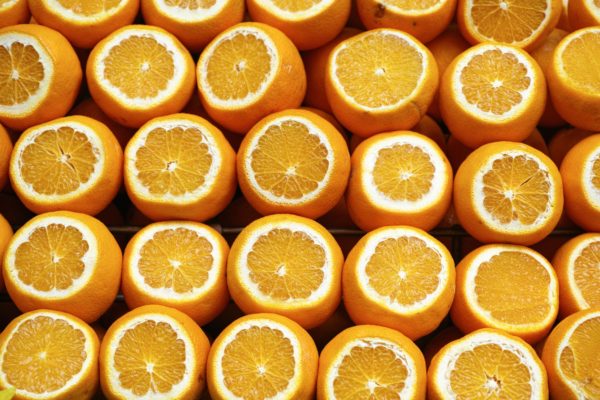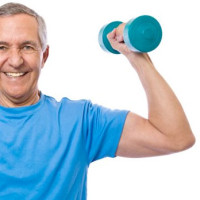Maybe it’s time to rejuvenate your thyroid – that master of metabolism. When your thyroid is functioning at less than optimum, you can bet that you will feel sluggish, tired and foggy. It is estimated that as high as twenty percent of all adults have hypothyroidism that has not been clinically diagnosed.
And when the condition is diagnosed, the drugs used to combat it often yield little or no results. You see, the thyroid produces four different hormones and the drug addresses only one of these by replacing it. If you had four bad tires on your car, would you only replace one?
Even worse, the “hormone replacement” drug actually depresses the thyroid from producing any hormones because it begins to feel as if “someone else” is doing its job, so why work?
From a nutritional standpoint, the thyroid requires two special nutrients that might be deficient in your diet – In fact, we can almost guarantee that many of you are deficient in at least one of them – iodine and/or tyrosine.
We have long recognized that iodine is deficient in most American diets, but the advent of iodized salt was supposed to solve that. The anti-salt mania that is sweeping the diet arena has significantly reduced the adding on of salt to our food and there goes your iodine!
Angela R. from Yorktown, TX, says:
I’ve studied nutritional supplements for many years knowing our plentiful but pitiful diet in the US leaves us all short on essential nutrients. Most people do not have a clue as to how important iodine is to great health. I really like this product as the label states the origin of the iodine where as many other iodine supplements do not. Thank you for great products. I will continue to do business with “Let’s Talk Health” for many years to come.
Japanese consuming traditional Japanese foods consume an average of about 15 mg per day of iodine! You are lucky if you get 1/100 of that amount in your diet and that could spell disaster to one of the real big shots of your hormonal system.
The significance of this disparity in intake is demonstrated by the incidence of fibrocystic breast disease in Japanese women – insignificant while it is about 50% in adult American women. Breast cancer is not the major cancer in Japanese women, in fact it is quite low while it is the single most prevalent cancer in women in America! Coincidence? We don’t think so.
The second nutritional factor of the thyroid is tyrosine, an amino acid. Literature abounds in research on the relationship between tyrosine and depression, tyrosine and fatigue, tyrosine as an anti-stress factor – but the relationship is not made between these symptoms and hypothyroidism symptoms – they are the same! Tyrosine is the amino acid from which the thyroid makes thyroxin when it has enough iodine. These two nutrients are extremely essential for normal functioning of the thyroid and supplementation with these two when low thyroid function is suspected is almost always rewarded.
Here is a simple test to see if you are hypothyroid and need iodine and tyrosine. Paint a spot of iodine on your abdomen the size of a silver dollar (about one and one-half inches in diameter) after your daily shower.
Observe the amount of time it takes to disappear. Anything under 12 hours is very indicative of a need, but if the spot is still visible the next day when you shower, your thyroid is not deficient in iodine.
For those of you who are in need of such supplementation, you might try the Let’s Talk Health Club’s Organic Iodine with Tyrosine.
Supports Thyroid For Increased Energy, Weight Loss & Healthier Skin, Hair & Eyes
Thyroid Energy Plus - NEW (90 capsules)


